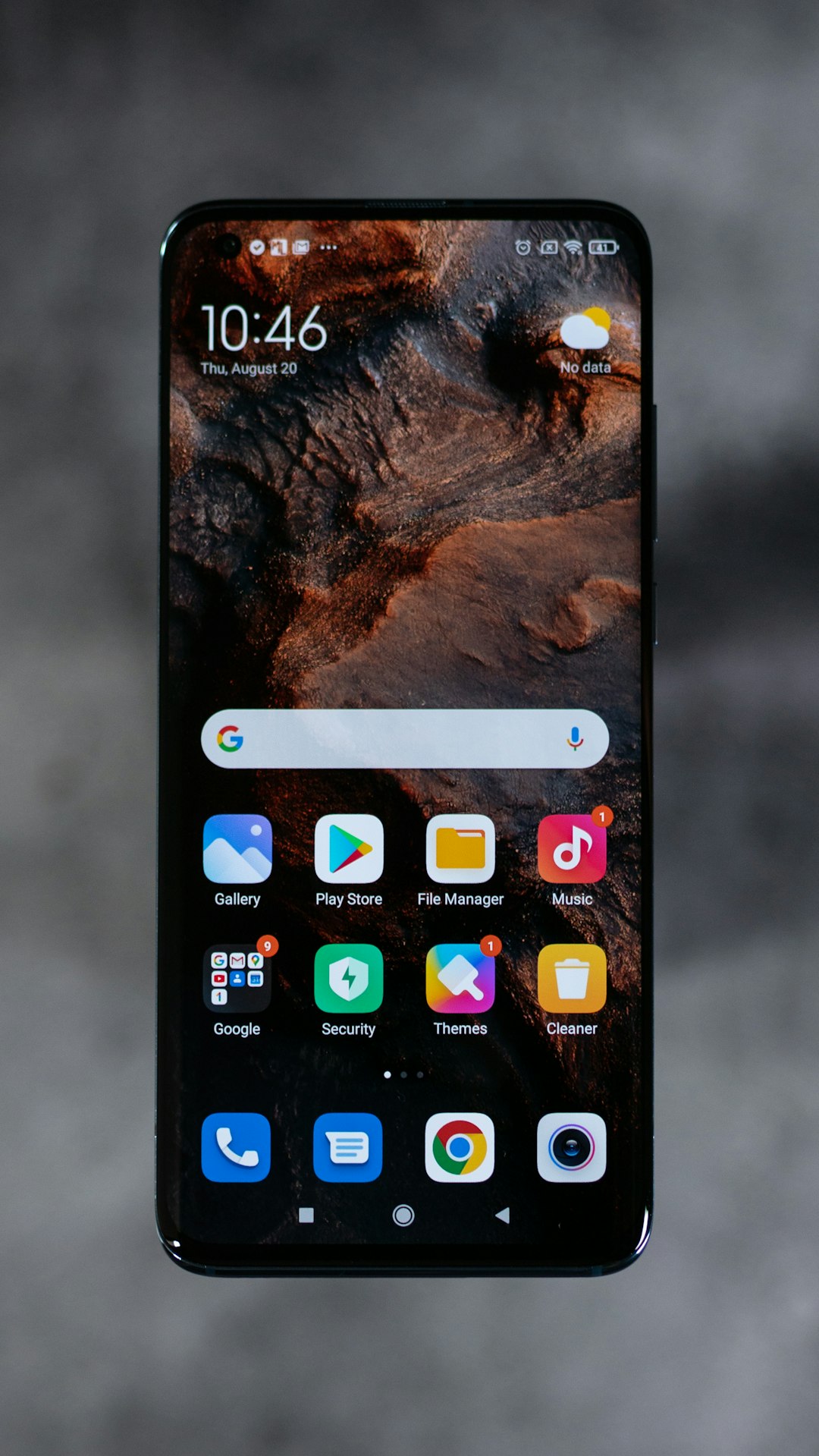South Dakota's Do Not Call laws protect residents from unwanted telemarketing calls by making it illegal for businesses to contact registered numbers. Residents can register their numbers on the official list and consult a Do Not Call Lawyer South Dakota or corresponding attorney for blocking specific numbers and legal action against violators. If rights are violated, a qualified attorney specializing in Do Not Call laws can offer guidance and representation to stop spam calls and protect privacy.
Rapid City residents can reclaim their peace of mind by understanding and utilizing South Dakota’s strict Do Not Call laws. With the abundance of spam calls, knowing how to block them effectively is essential. This guide offers practical steps to stop unwanted interruptions and provides insights into seeking legal advice from a specialized Do Not Call Lawyer South Dakota if necessary. For those facing repeated violations, consulting with an attorney specializing in Do Not Call Laws South Dakota can be crucial in defending your rights.
Understanding Do Not Call Laws in South Dakota
In South Dakota, residents have legal protections against unwanted telephone calls, commonly known as spam calls. The state’s Do Not Call laws are designed to give citizens control over their communication preferences and privacy. These laws make it illegal for businesses or individuals to make telemarketing calls to numbers registered on the state’s Do Not Call list. If you’re receiving repeated unwanted calls, understanding your rights under these laws is crucial. A Do Not Call Lawyer South Dakota or Do Not Call Attorney South Dakota can help you navigate this process and ensure your rights are respected.
The Spam Call law firm South Dakota plays a vital role in assisting residents in enforcing these regulations. If a caller violates the Do Not Call Laws South Dakota, legal action can be taken. Residents can file complaints with the appropriate authorities, who will investigate and take necessary measures against repeat offenders. By being proactive and registering your number on the state’s list, you can significantly reduce the volume of spam calls you receive.
Steps to Block Unwanted Calls Effectively
Blocking unwanted calls is a straightforward process, and Rapid City residents have several options available to them. The first step is to familiarize yourself with South Dakota’s Do Not Call laws, which are designed to protect consumers from persistent or harassing phone calls. You can register your number on the state’s official Do Not Call list, which will prevent most automated and telemarketing calls from reaching your phone. This simple act can significantly reduce the volume of unwanted calls you receive.
For more comprehensive protection, consider consulting a Do Not Call lawyer or attorney in South Dakota who specializes in these laws. They can guide you through the process of blocking calls from specific numbers or types of call centers, especially those that persist despite your registration. Additionally, many reputable spam call law firms offer services to block and trace unwanted callers, ensuring compliance with state regulations.
Seeking Legal Advice for Do Not Call Violations
If you’ve exhausted other methods to stop unwanted calls and feel your rights under South Dakota’s Do Not Call laws have been violated, it may be time to seek legal advice from a qualified attorney or law firm specializing in this area. A Do Not Call Lawyer South Dakota can help you understand your legal options and guide you through the process of taking action against persistent spammers. These experts are well-versed in the state’s Spam Call laws and can represent you if necessary, ensuring you receive the justice you deserve.
They can provide insights into whether the caller is in compliance with South Dakota’s Do Not Call Laws and help you navigate any legal avenues to stop the unwanted calls. Whether you’re dealing with a telemarketer, collection agency, or any other violator, having a Do Not Call Attorney South Dakota by your side can make a significant difference in resolving the issue and protecting your privacy going forward.






